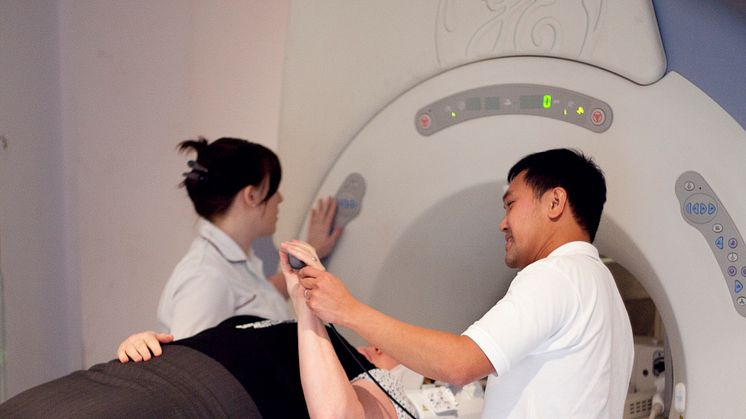
News -
Statins and haemorrhagic stroke - Stroke Association comments
A new a study published today in JAMA Neurology suggests that patients who were treated with a statin in hospital after having a haemorrhagic stroke were significantly more likely to survive than those who were not.
Haemorrhagic stroke, caused by bleeding in the brain, is generally more severe and is associated with a considerably higher risk of mortality than ischaemic stroke (caused by a clot). Previous research had suggested that treating patients with statins after they experience a haemorrhagic stroke may increase their long-term risk of continued bleeding.
Dr Shamim Quadir, Research Communications Manager at the Stroke Association, said: “Haemorrhagic stroke, caused by a bleed on the brain, is less common than ischemic stroke (caused by a clot), but can be devastating. This is the most deadly type of stroke, and those patients who do survive are more likely to experience severe disability as a result of lasting neurological damage.
“Thrombolysis is one of the few existing treatments which can limit damage caused by stroke. However, it cannot be used with haemorrhagic stroke patients. It is vital to identify alternative treatments to improve the extremely poor recovery rates from haemorrhagic stroke.
“These latest findings provide us with clear evidence that ICH (intracerebral haemorrhage, a type of haemorrhagic stroke) patients who were treated with statins made better recoveries. Previous studies which investigated statin use and ICH provided conflicting evidence, with some results suggesting that statins may be linked to further bleeding on the brain.
“While it is still early days for this area of stroke research, this is a significant step towards developing effective ways to help more people struck down by haemorrhagic stroke make their best possible recovery.”










